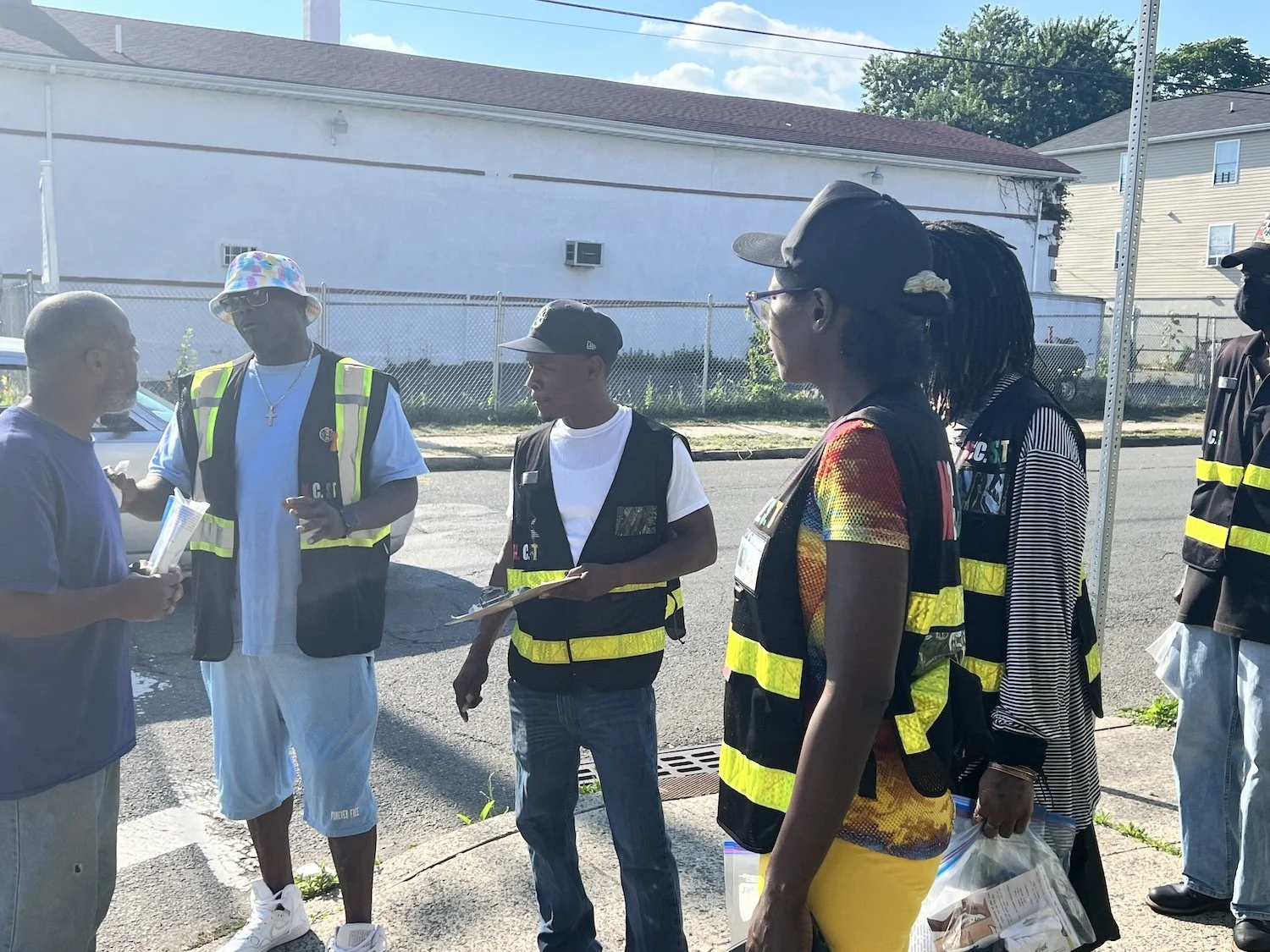Grants to Reform Probation and Parole Aim to Tackle a Top Driver of Mass Incarceration
/Rebekah Zemansky/shuttertock
Revocation of parole and probation are among the biggest drivers of the nation’s mass incarceration, accounting for nearly half of state prison admissions each year. An estimated 4 million Americans are on some form of parole or probation, and revocation means many of them will return to an already crowded penal system.
Arnold Ventures is taking aim at this issue as part of its larger ambitious push against mass incarceration and the forces driving it.
In June of this year, the funder unveiled its Reducing Revocations Challenge, an alliance with the City University of New York’s Institute for State and Local Governance. The challenge invited jurisdictions across the country to submit proposals for reducing probation revocations. Arnold would support action research projects in the winning jurisdictions, with ISLG serving as a research intermediary.
Recently, Arnold and ISLG announced 10 agencies and research partners across the country as funding recipients. The action research projects will seek insights into the reasons for revocations and uncover ways to prevent them. Arnold hopes the projects will inform new policies and practices that can be piloted and tested in a future phase of the initiative.
New Partnerships
The selected jurisdictions consist of a research team and a partner state, county or city probation agency. The winning jurisdictions are:
Cook County, IL — Cook County Adult Probation Department and Loyola University
Denver, CO — Denver Adult Probation and the University of Wyoming
Harris County, TX — Harris County Community Supervision and Corrections Department, and Justice System Partners
Monroe County, IN — Monroe Circuit Court Probation Department and Indiana University
Niagara County, NY — Niagara County Probation Department and Niagara University
Pima County, AZ — Pima County Superior Court Adult Probation Department and the Urban Institute
Pulaski County, AR — Arkansas Community Corrections and the University of Arkansas for Medical Sciences
Ramsey County, MN — Ramsey County Community Corrections and the Robina Institute
Santa Cruz County, CA — Santa Cruz County Probation Department and Resource Development Associates
Spokane County, WA — Spokane Municipal Probation Department and Ideas42
As they carry out their action research projects, funding recipients will receive assistance from probation experts. The jurisdictions will also have the opportunity to share ideas through peer learning events, including a cross-site summit where they will discuss findings and develop solutions. At the end of the Reducing Revocations Challenge, each site will release a report that summarizes findings and describes policy implications.
Pushing Forward Research
“Probation revocations are a significant driver of incarceration—in light of that, it’s great to see corrections leaders stepping up to transform what’s not working and expand what is,” Amy Solomon, vice president of criminal justice at Arnold Ventures, said in an Arnold news release announcing the funding recipients. “The Reducing Revocations Challenge sites represent the cutting edge of research-practitioner partnerships, and each site will serve as a model for other jurisdictions, demonstrating the most effective ways to reduce probation failures, strengthen public safety, and ensure greater equity in our communities.”
The Reducing Revocations Challenge is not Arnold’s first foray into issues surrounding mass incarceration, and the funder’s past activities suggest it will not be the last. In late 2018, Arnold took aim at probation and parole, collaborating with Pew Charitable Trusts. The jointly issued report identified a “one-size-fits-all” approach to parole and probation as a significant driver of incarceration rates, stating that such a system fails to distinguish between low- and high-risk offenders. The report further stated that onerous requirements associated with parole and probation set up many released offenders for failure, with minor technical violations often triggering a return to prison.
Part of a Broader Reform Effort
Arnold also has thrown its weight behind an organization of probation and parole executives interested in systemic reforms. The new advocacy group, Executives Transforming Probation and Parole, or EXiT, strives to move away from punitive practices in community supervision and toward restorative ones.
In addition, Arnold Ventures co-founder Laura Arnold is a partner of the REFORM Alliance, a national organization of entrepreneurs, celebrities and media figures interested in reducing the number of people tangled in the criminal justice system, starting with parole and probation.
Efforts to reduce mass incarceration and reserve prison space for the most serious and high-risk offenders are long overdue. The work that emerges from the Reducing Revocations Challenge should point out new paths forward.







































